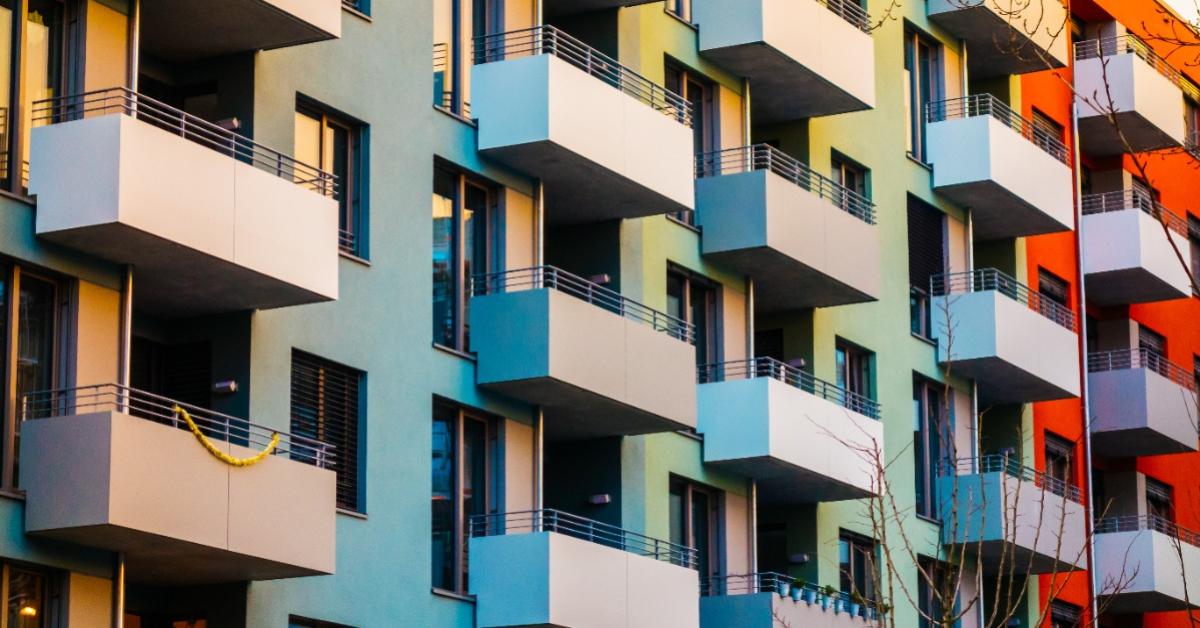
Housing Prices Are Falling As Reality Sinks In
The local paper’s headline posed the question, “Do renters have the upper hand in Las Vegas right now?” “[The apartment project] offered us two weeks of no rent to get us moved in on the timeline we wanted,” said a renter who was also given passes to the Life Is Beautiful music festival as part of the deal. “They also throw resident events every month providing food and entertainment,” she added.
Las Vegas Review-Journal business reporter Patrick Blennerhassett reports deals like this are not uncommon. Websites for Las Vegas apartment projects indicate apartment owners “are doling out a multitude of perks.” Besides the perks, rents decreased 2.2 percent in this year’s first quarter.
“Rents are definitely falling,” said Shawn McCoy, director of the Lied Center for Real Estate and an associate professor at the University of Nevada, Las Vegas. “And in respect to concessions, when I speak with multifamily developers, much of the story is about what is the optimal way to confront pressure in the market to reduce rent, and a lot of it is marketing.”
In a statement to the Las Vegas Review-Journal, the Nevada State Apartment Association said, “There was a surge in homebuilding during the pandemic as builders tried to capitalize on the moving frenzy, especially in pandemic homebuying hot spots.”
Evidence of this surge is visible all over Las Vegas with dozens of large multifamily units in various stages of construction. But Vegas is not an anomaly. The Wall Street Journal reports that more than 950,000 multifamily units are under construction, three times the number for apartment construction twenty years ago.
Wall Street Journal’s Will Parker writes that Sunbelt cities are the most exposed. When covid-19 vaccines came out, demand for multifamily housing surged and rents increased 25 percent. But now, that growth has disappeared. Parker identifies Phoenix, Atlanta, and Las Vegas as markets where rents are falling.
The Austrian business cycle theory predicts the developers’ downfall. Low interest rates and high rental rates lure builders into pursuing multifamily projects. But these projects take time to identify and purchase land, gain zoning approvals, and collect bids for construction to determine whether the economics supports construction of the project. Low interest rates make more projects viable. However, when rates surge upward, the envisioned economics of the project falls apart, unfortunately before construction is completed.
Why will so many apartment developers be caught wrong-footed? It is certainly not the fault of a free market, as if we have one. The government’s response to covid was unprecedented, with one hand shutting everything down, with another the Fed doubling down on its zero interest rate policy, and finally, fiscally, the federal government literally sending money to everyone: from state governments to employers and finally down to individuals, who suddenly had the money for first and last month’s rent to move into a new apartment.
As Murray Rothbard explained succinctly in Economic Depressions: Their Cause and Cure,
The business cycle is brought about, not by any mysterious failings of the free market economy, but quite the opposite: By systematic intervention by government in the market process. Government intervention brings about bank expansion and inflation, and, when the inflation comes to an end, the subsequent depression adjustment comes into play.
In the apartment sector, that depression adjustment has begun and has a long way to go.



